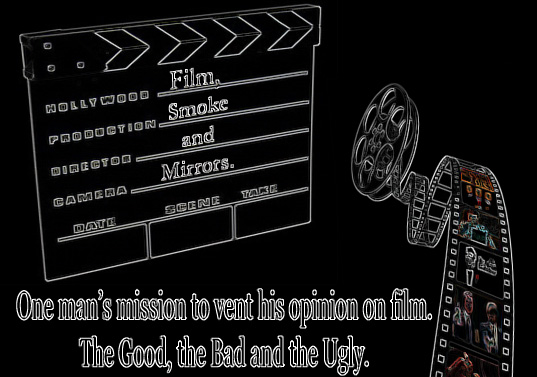I never actually got round to watching 'Machete', but, I've decided nevertheless to post a review of another film I happened to catch recently: 'Lawrence of Arabia'.
Since there is a (remote) possibility that I will be working in the Middle East in a few months, I thought that getting some background on the Arab Revolt (1916-18) and a sense of the British imperial attitude towards the peoples of the region would be interesting.
 |
| Also, Alec Guinness as an Arab Prince. |
Tafas: [talking of Britain] Is that a desert country?
T.E. Lawrence: No: a fat country. Fat people.
Tafas: You are not fat?
T.E. Lawrence: No. I'm different.
This puts Lawrence at odds with his origins, and while he yearns for the desert-way of life, he also feels he can never truly be adopted by the Arab race, due to the colour of his skin. Sherif Ali (played by Franco-Arabic actor Omar Sharrif) rephrases Lawrence's own words: "Truly, for some men nothing is written unless they write it." This affirmation continually rears its head throughout the film; Lawrence's ability to persuade the Arab tribes to coalesce and fight for their own freedom is ample evidence that he is capable of shaping his own destiny which results in his acceptance by the Arab peoples.
And yet, despite the Arabs' acceptance of Lawrence, he still remains a tragic figure. His innate desire to help the downtrodden of the Middle East is tempered by an almost sado-masochistic tendency that runs powerfully through him. Earlier in the film, he notes to his superior, General Allenby, that he enjoyed killing a man he had previously risked his own life to save; however, at the same time he recognised that he disliked it vehemently. Many people would agree, I'm sure, that the struggle in each and every one of us between our base, animalistic instincts and our civilised persona rages almost daily-why treat a customer with respect when you can rip them off; why get out of bed at a reasonable time when you can sleep most of the day; why say 'no' to an extra drink when you can get even more drunk and enjoy yourself? It seems, to some degree, that Lawrence is losing this struggle and this is exhibited in the penultimate climactic battle where, in a blood-frenzy, he kills indiscriminately, appalling even his Arab cohort.
By the end of the film, greater powers than he have resolved to split the former Turkish territory into protectorates of the British crown, leaving Lawrence without purpose and destined to be shipped back to the U.K. For me, therein lies the greatest tragedy of all-not his role as an outsider or his losing battle with his inner demons, but the way in which even great men are used as pawns in the chess-game of life and then casually disregarded once they've served their purpose.
I will not go into the specifics of the cinematography which captures spectacularly the vastness of the Arabian deserts, or the hauntingly beautiful score, and instead urge you to see this film.
Watch a condensed trailer here.

Excellent movie!
ReplyDeleteLawrence of Arabia, gonna give it a try. Thanks for the tip.
ReplyDelete